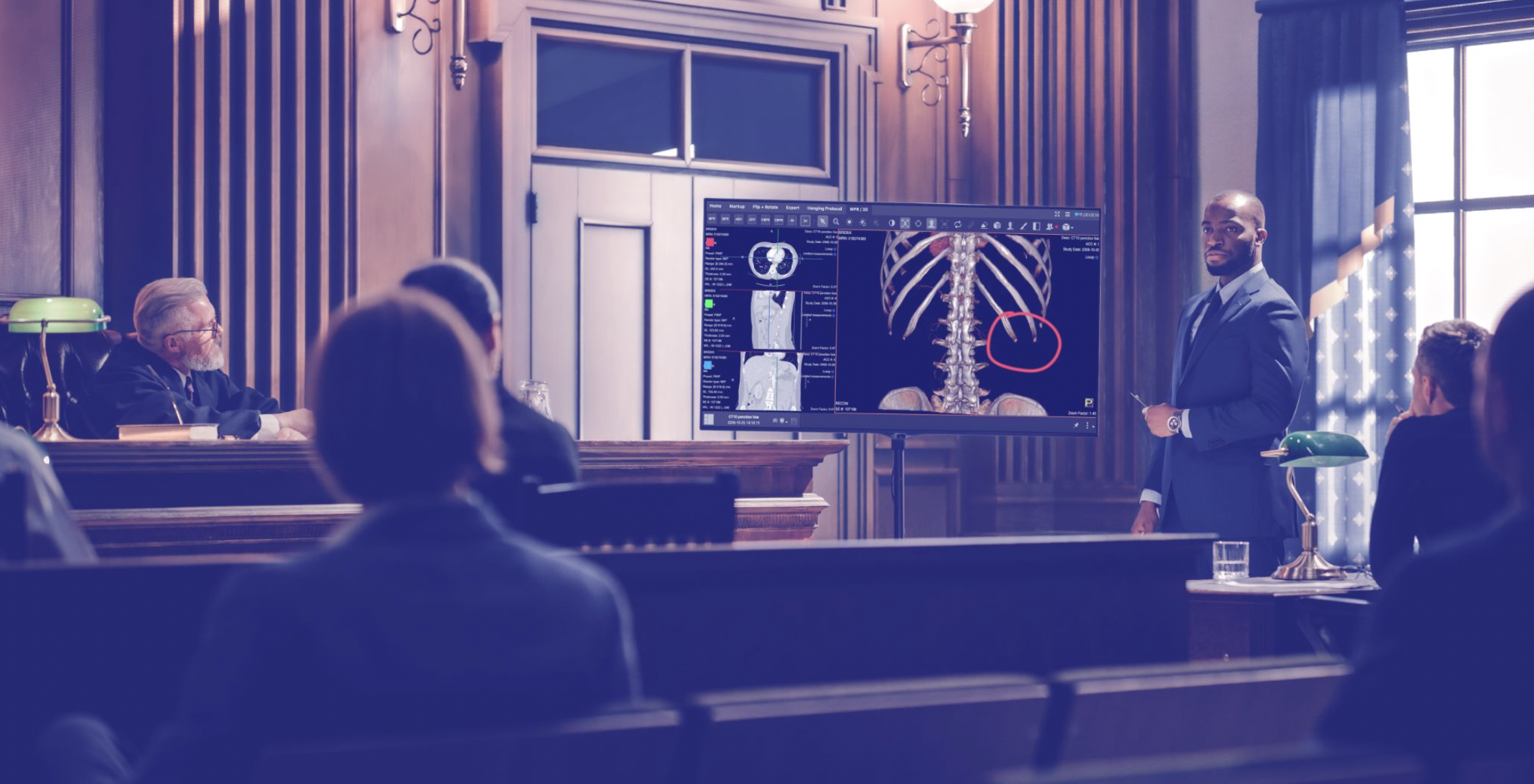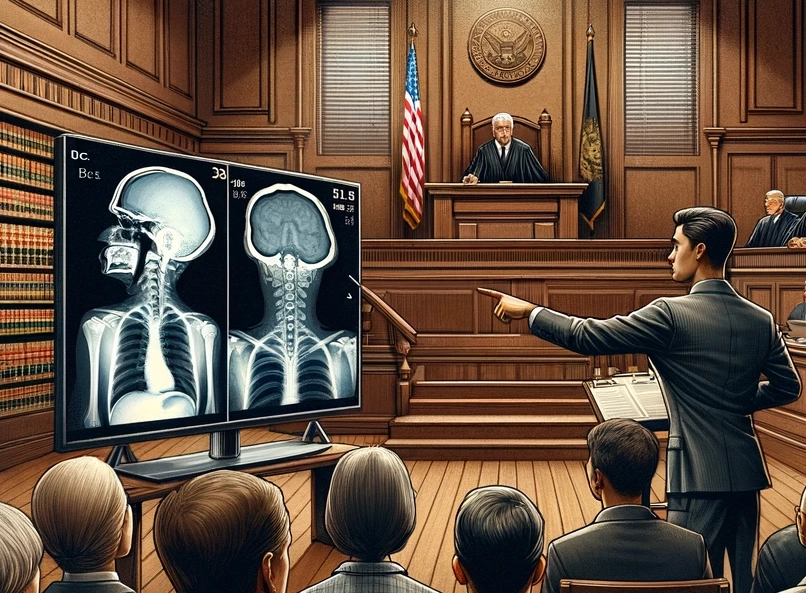The following is intended for informational purposes only and should not be construed as legal advice. The information provided in this post is not a substitute for professional legal advice and should not be relied upon as such. Readers should always consult with a licensed attorney or qualified legal professional for advice on specific legal issues. The author of this post and any entities associated with the author are not responsible for any actions or decisions taken by readers based on the information provided in this paper.
"If I have a physician or contract with a team of physicians licensed in every state,
does that make my remote second opinions issued anywhere legal?"
This question inevitably comes up. On its surface, you might expect that this encompassing licensure paves the way for your organization to issue remote second opinions anywhere in the country. However, a close reading of the law of each state contradicts that premise.
In order to provide a remote second opinion, a physician that is not licensed in the state in which the patient is physically located (ostensibly, one of your specialists), must either rely on an exception or exemption from that state’s licensure laws and regulations in order to legally deliver that opinion. Having another physician, not the one rendering the opinion, who is licensed in the target state, may actually not provide you with sufficient legal stature.






